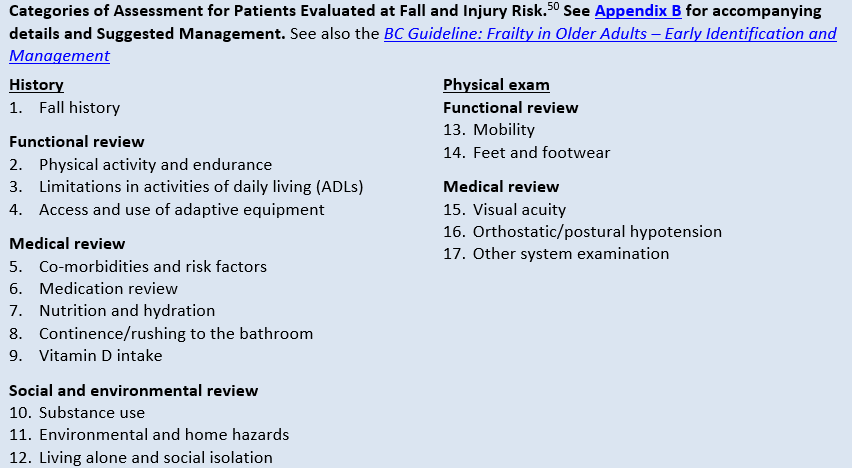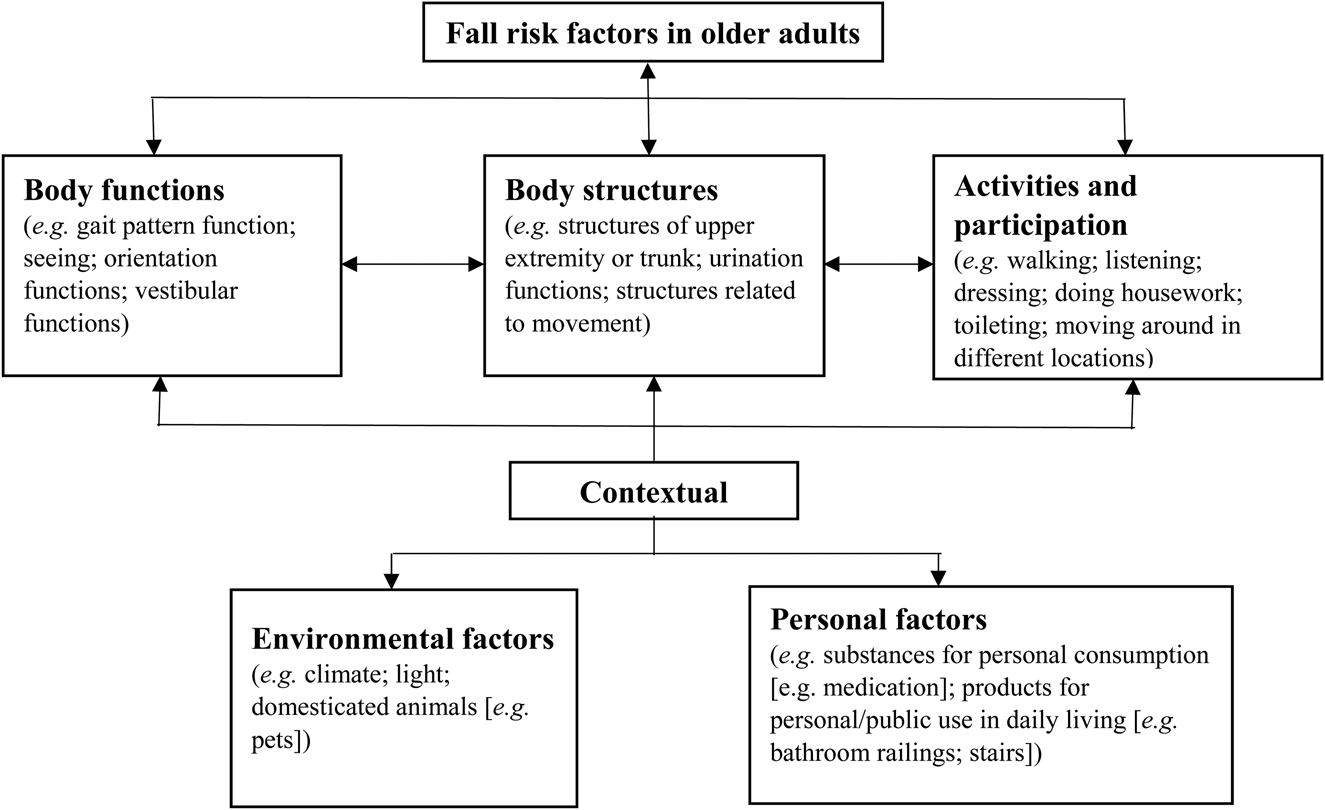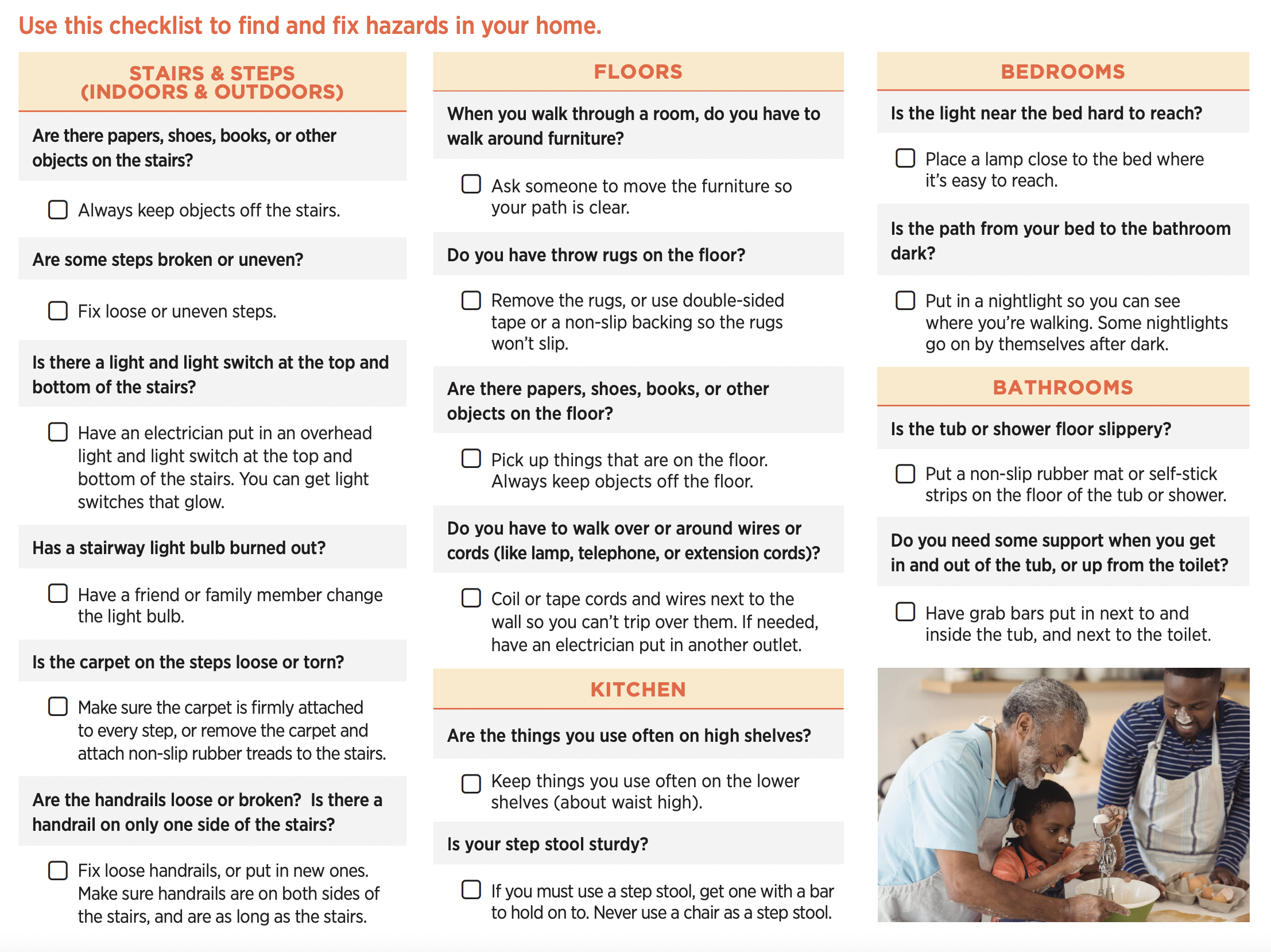Indicators on Dementia Fall Risk You Should Know
Indicators on Dementia Fall Risk You Should Know
Blog Article
The smart Trick of Dementia Fall Risk That Nobody is Talking About
Table of Contents10 Simple Techniques For Dementia Fall RiskHow Dementia Fall Risk can Save You Time, Stress, and Money.Rumored Buzz on Dementia Fall RiskThe Main Principles Of Dementia Fall Risk Dementia Fall Risk Things To Know Before You Get This
Make sure that there is an assigned location in your clinical charting system where staff can document/reference ratings and document appropriate notes associated to fall avoidance. The Johns Hopkins Fall Threat Analysis Device is one of numerous tools your personnel can utilize to help prevent unfavorable medical events.Client drops in health centers prevail and incapacitating adverse events that linger despite decades of initiative to minimize them. Improving communication throughout the evaluating registered nurse, care team, person, and patient's most entailed family and friends might enhance fall avoidance efforts. A team at Brigham and Women's Health center in Boston, Massachusetts, looked for to develop a standard autumn prevention program that centered around enhanced interaction and person and family members engagement.

The innovation team stressed that successful implementation relies on patient and personnel buy-in, integration of the program right into existing workflows, and integrity to program processes. The team noted that they are facing how to ensure connection in program application during periods of dilemma. Throughout the COVID-19 pandemic, as an example, a boost in inpatient drops was connected with constraints in person engagement together with restrictions on visitation.
Get This Report about Dementia Fall Risk
These cases are normally thought about preventable. To apply the treatment, organizations require the following: Access to Autumn ideas sources Autumn TIPS training and retraining for nursing and non-nursing personnel, including new registered nurses Nursing operations that enable person and family interaction to carry out the falls analysis, guarantee use the prevention plan, and perform patient-level audits.
The outcomes can be extremely harmful, typically speeding up patient decrease and creating longer health center remains. One study approximated remains enhanced an additional 12 in-patient days after a person autumn. The Autumn TIPS Program is based on engaging patients and their family/loved ones across three main processes: evaluation, customized preventative interventions, and auditing to ensure that individuals are taken part in the three-step autumn avoidance process.
The patient assessment is based upon the Morse Fall Range, which is a confirmed fall threat evaluation tool for in-patient hospital settings. The range includes the six most usual reasons clients in medical facilities fall: the client loss history, risky problems (consisting of polypharmacy), use IVs and other external devices, psychological status, gait, and mobility.
Each threat aspect relate to several actionable evidence-based treatments. The registered nurse develops a plan that incorporates the interventions and shows up to the care team, individual, and family on a laminated poster or printed aesthetic help. Registered nurses establish the plan while meeting the patient and the individual's family members.
Our Dementia Fall Risk Statements
The poster acts as a communication tool with other members of the person's treatment group. Dementia Fall Risk. The audit element of the program includes assessing the client's understanding of their threat variables and avoidance plan at the system and hospital levels. Nurse champions perform a minimum of 5 private interviews a month with people and their family members to examine for understanding of the loss prevention plan

An estimated 30% of these falls outcome in injuries, which can range in intensity. Unlike various other adverse occasions that require a standardized clinical feedback, loss prevention depends extremely on the needs of the client.
The Greatest Guide To Dementia Fall Risk

Based on bookkeeping outcomes, one website had 86% conformity and two websites had more than 95% conformity. A cost-benefit evaluation of the Loss TIPS program in 8 healthcare facilities approximated that the program cost $0.88 per patient to Full Article implement and caused cost savings of $8,500 per 1000 patient-days in direct prices related to the prevention of 567 drops over 3 years and eight months.
According to the innovation team, companies curious about applying the program ought to perform a readiness analysis and drops avoidance gaps evaluation. 8 Additionally, organizations need to make sure the needed framework and process for application and establish an implementation plan. If one exists, the company's Loss Avoidance Task Force must be included in preparation.
The Best Strategy To Use For Dementia Fall Risk
To begin, companies must ensure completion of training components by registered nurses and nursing assistants - Dementia Fall Risk. Healthcare facility personnel should examine, based on the demands of a hospital, whether to make use of an electronic health record printout or paper variation of the loss prevention strategy. Implementing teams must hire and train nurse champions and develop processes for auditing and coverage their website on loss try this web-site information
Team need to be involved in the procedure of revamping the workflow to engage clients and family in the evaluation and avoidance strategy process. Solution ought to remain in place so that units can recognize why a fall occurred and remediate the reason. A lot more particularly, registered nurses ought to have channels to provide recurring feedback to both team and device leadership so they can readjust and improve loss avoidance process and communicate systemic troubles.
Report this page